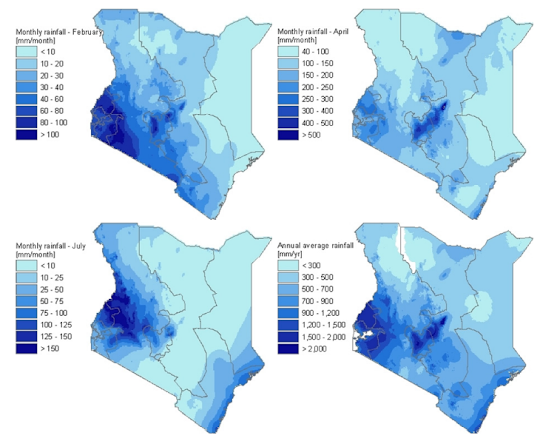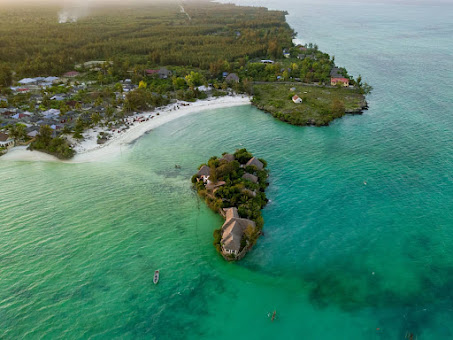Introduction to Water and Food - The complexity of Africa
Water and food - two inextricably linked concepts which arguably define human existence. Unfortunately, when seating these two notions within the continent of Africa, generalisation and stereotypes typically bound the discussions. After reading the article by Wainaina (one must not ignore how satirical the piece is, and one may suggest that academic writing regarding African cultures and experiences has improved within the last 15 years, although a lot of work must continue to be done) I became aware of and confronted subconscious thoughts regarding my personal approach to writing about African countries and the attitude taken by other writers. Wainaina suggests how mainstream, Western media has perpetually fed readers a generalised meaning to African life, grouping countries together and a continuously reinforcing the theme of how the West urgently needs to help the African continent. This is particularly apparent within the discourse of water and food, so I will be cautious not to do this.
Now don’t get me wrong, Africa does suffer with the consequences of drought, famine, and issues regarding access to sustainable clean water, but the aim of this blog is not to generalise Africa as one place but rather present case studies and themes which are specific in both a geographical and descriptive sense.
Why am I focusing on
food and water? Well, the relationship between food and water is rooted in the
challenges exposed by the Sustainable Development Goals (SDGs). Goal 2 titled ‘Zero Hunger’ and Goal 6 ‘Ensure availability and sustainable management of water and sanitation for all’ both
suggest how water is intimately tied and connected to food production. Many
of these goals are expected to be completed by 2030, so it will be interesting
to investigate the extent to which strategies have been implemented to reach
these. Unfortunately, to fix these issues there is not a simple process or
answer which can be applied and used across all African countries.
Figure 1: Sustainable Development Goals
Why is this the case? The simple answer is that Africa is the second largest continent in the world and has huge variations in both physical and human features (another point exacerbated by Wainaina – to never assume similar climatic or economic conditions across countries, which is often done). Specifically, when looking at water scarcity and its influence on food production, recognising variability across the continent is crucial. Falkenmark first hypothesised the concept of water scarcity via the Water Stress Index in 1989, quantifying and defining water scarcity by the number of bodies maintained by a single flow unit of water (10^6 m^3 year^-1). The index suggests that water scarcity is present when there are above 100 persons/flow unit, with these measurements calculated by mean annual river runoff. From stating this it may be clear why Falkenmark has been criticised – the metric disregards seasonal variability as it uses annual figures. Therefore, it is particularly challenging applying this metric to Africa as the continent has extreme seasonal variability with countries situated across all points of the Inter-Tropical Convergence Zone. When analysing food and water it is important to take spatial differences into consideration, neglecting to consider these complexities reduces the chance of creating sustainable measures to mitigate water scarcity (which is vital to comprehend considering water’s role in food production).
Figure 2: Seasonal rainfall across the Inter-Tropical Convergence Zone
Overall, I hope this post has enlightened you to critically challenge generalisations of African culture, life, and environmental conditions. I hope not to make assumptions when writing about Africa and instead recognise the diversity and complexities of the continent. In particular, when assessing the relationship of food and water I will explore issues and topics such as the role of groundwater in farming, genetically modified crops and the rural/urban divide.




This is a really great introductory post that aims to tackle biases surrounding the African continent. I think it sets a really good idea and I look forward to reading about the different issues and topics mentioned in the conclusion!
ReplyDeleteI enjoyed reading this introductory post as it clearly sets out some of the complexities of this topic. I found the insights into Wainaina's work especially interesting and look forward to reading your upcoming posts!
ReplyDeleteGood introduction with use of embeded referencing
ReplyDelete